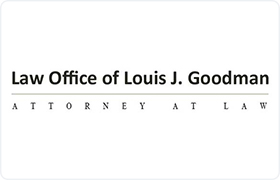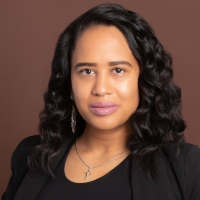San Lorenzo Felony Lawyer, California
Sponsored Law Firm
-
 x
x

Click For More Info:
-
Louis J Goodman Attorney At Law
1290 B St Suite 307 Hayward, CA 94541» view mapCriminal Defense Law Tough, Experienced, and Professional
If you have been charged with a crime in Alameda County, California, contact The Law Offices of Louis J. Goodman.
510-582-9090
Jo-Anna Marie Nieves
✓ VERIFIEDCriminal, Felony, DUI-DWI, Misdemeanor, White Collar Crime
Armed with considerable experience working for the District Attorney in Sacramento, CA and her voluminous representation of large corporate clients in... (more)
FREE CONSULTATION
CONTACT Louis J. Goodman Hayward, CA
Louis J. Goodman Hayward, CA Practice AreasExpertise
Practice AreasExpertise


